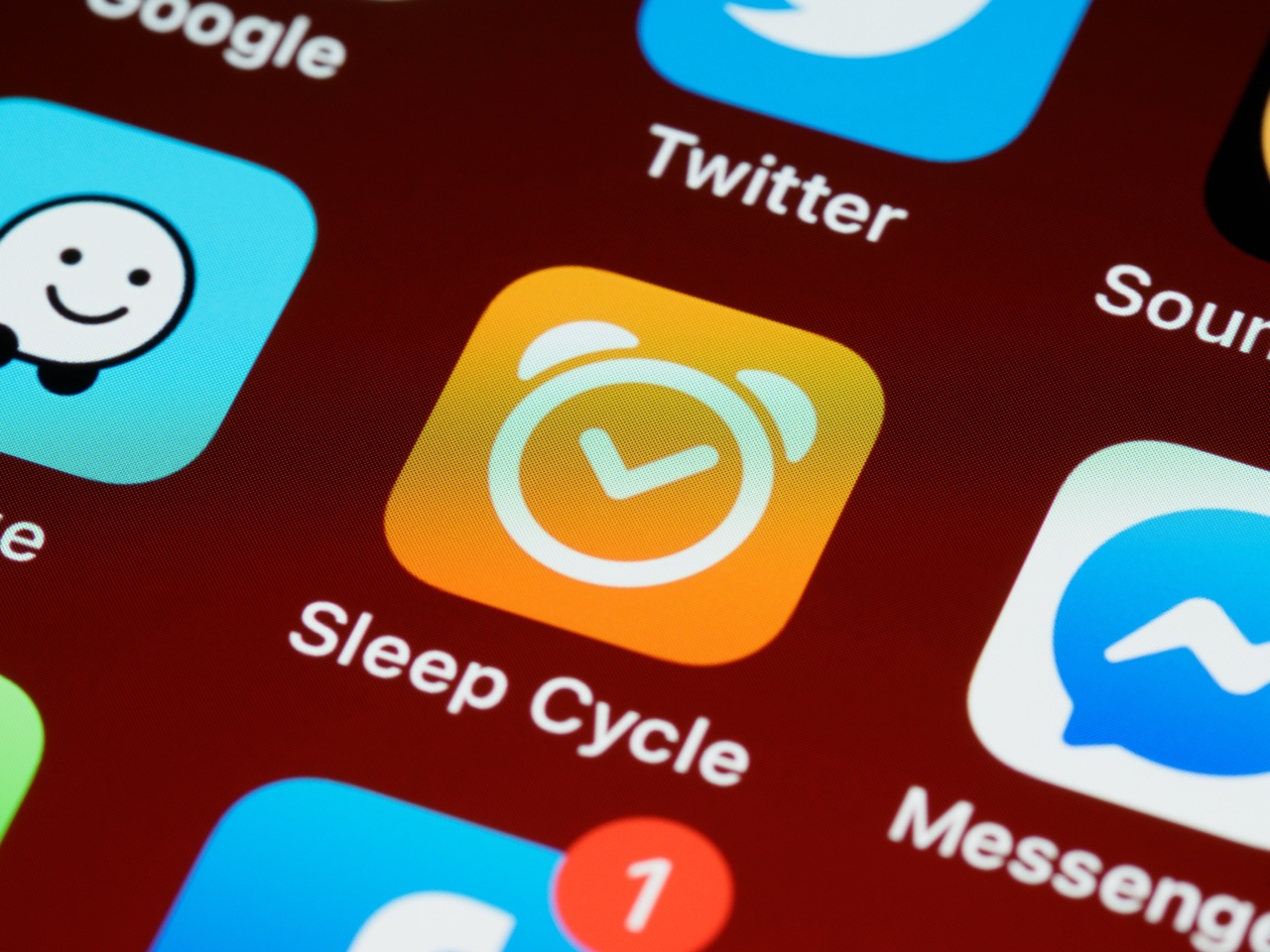In today’s fast-paced and digitally-driven world, mobile apps have become a ubiquitous part of our lives.
From staying connected with loved ones to managing our finances, these pocket-sized powerhouses have revolutionized countless aspects of our daily routine. However, their potential goes beyond convenience and entertainment. Mobile apps also serve as a powerful tool in promoting mental health and emotional well-being.
The Need for Mental Health Support
Mental health is a crucial aspect of our overall well-being. However, millions of people worldwide struggle with mental health issues such as anxiety, depression, and stress.
Unfortunately, access to mental health support and resources remains a significant challenge for many individuals due to various barriers such as cost, stigma, and limited availability of qualified professionals. This is where mobile apps step in to bridge the gap and provide assistance in a more accessible and convenient manner.
Accessible Resources at Your Fingertips
One of the key advantages of mobile apps in promoting mental health is their ability to provide immediate access to a wide range of resources.
Whether it’s therapy, meditation, journaling, or self-help guides, these apps compile curated content that can help individuals seeking emotional well-being.
For instance, there are numerous apps that connect users with licensed therapists or counselors through text, audio, or video sessions.
These platforms enable individuals to receive professional help from the comfort and privacy of their own homes, removing geographical constraints and reducing the financial burden often associated with traditional therapy.
Moreover, mobile apps offer various tools and techniques to help individuals cultivate mindfulness and manage stress.
From guided meditation sessions to breathing exercises, these apps provide step-by-step instructions and calming audiovisual content that can assist users in finding solace during stressful moments.
Personalized Support for Mental Wellness
Mobile apps leverage the power of technology to provide personalized support for mental wellness. Through data collection and user feedback, these apps can tailor content and recommendations to suit individual needs and preferences.
For example, an app may utilize questionnaires or mood trackers to assess an individual’s emotional state and provide personalized recommendations based on their specific needs.
This level of customization ensures that users receive relevant content and support, enhancing the effectiveness of the app in promoting mental health and well-being.
Community and Support Networks
Mental health struggles can often leave individuals feeling isolated and alone. Mobile apps address this by creating a sense of community and fostering support networks within their platforms.
Many apps have dedicated spaces for users to connect with others who are experiencing similar challenges, providing a safe and non-judgmental environment for individuals to share their thoughts, seek advice, and offer support.
These communities offer a source of empathy, understanding, and encouragement, which can greatly contribute to an individual’s mental well-being.
Supplementing Traditional Therapy
Mobile apps complement traditional therapy by providing continuous support and resources beyond the walls of a therapist’s office.
While therapy sessions are typically limited by time and frequency, mobile apps offer individuals an opportunity for ongoing self-reflection, learning, and growth.
For example, apps that incorporate journaling features enable users to document their thoughts, emotions, and progress.
This practice can enhance self-awareness and facilitate discussions with therapists during sessions, creating a more comprehensive and effective treatment approach.
The Potential of Wearable Technology
Wearable technology, such as smartwatches and fitness trackers, further expands the realm of mobile apps in promoting mental health.
These devices can collect physiological data, such as heart rate, sleep patterns, and activity levels, offering valuable insights into an individual’s overall well-being.
Mobile apps can integrate with wearable devices to track and analyze this data, providing users with valuable feedback and recommendations to optimize their mental wellness.
For example, an app may suggest adjusting sleep patterns or incorporating physical activity based on the collected data, helping individuals make positive lifestyle changes to support their mental health.
Challenges and Ethical Considerations
While mobile apps have immense potential in promoting mental health, they also present challenges and ethical considerations. It is crucial to ensure the privacy and security of user data, as well as the accuracy and reliability of the content provided.
Developers must adhere to strict guidelines and regulations to protect the well-being of users and maintain the integrity of mental health support.
Furthermore, it is essential to recognize the limitations of mobile apps in addressing severe mental health conditions. While these apps can offer support and coping strategies, they are not a substitute for professional diagnosis or treatment.
Individuals with severe mental health issues should seek guidance from qualified healthcare professionals to ensure comprehensive and appropriate care.
The Future of Mental Health Support
The field of mobile apps in promoting mental health is continuously evolving and expanding.
With advancements in technology, artificial intelligence, and virtual reality, the possibilities for innovative and effective mental health support are limitless.
As the stigma surrounding mental health gradually diminishes, more individuals are turning to mobile apps for emotional well-being.
These platforms provide a safe and accessible space for individuals to explore various strategies, connect with others, and access valuable resources to support their mental wellness.
Mobile apps have the potential to transform the way we address mental health, making support and resources more readily available to individuals worldwide.
They empower users on their journey towards emotional well-being and act as a catalyst for positive change in the field of mental health.































